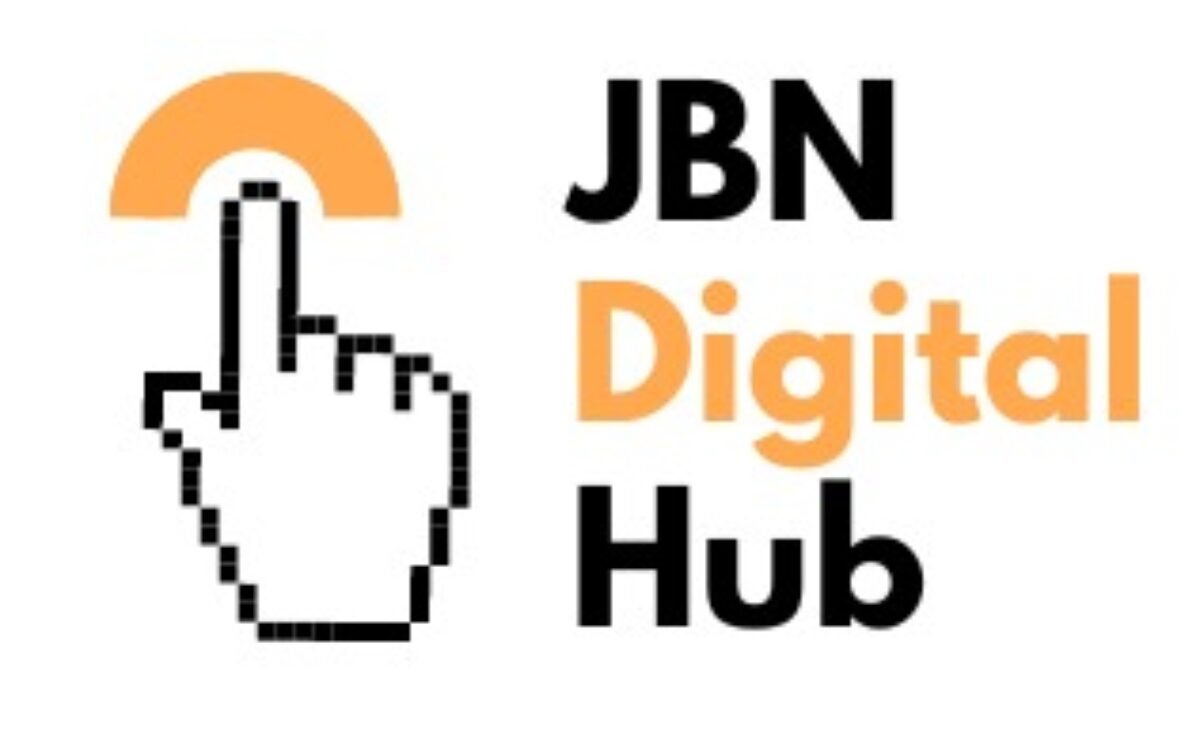Understanding Poststreptococcal Glomerulonephritis: A Comprehensive Guide 🧬🩺
Welcome to our educational video on Poststreptococcal Glomerulonephritis (PSGN)! 🎥 In this detailed presentation, we delve into the pathophysiology, clinical manifestations, diagnosis, and management of PSGN, providing a valuable resource for healthcare professionals, students, and anyone interested in nephrology.
🔬 Pathophysiology: Learn about the intricate interplay between Streptococcus infection and the immune system, leading to the development of PSGN. Explore the role of immune complex deposition in the glomeruli and the ensuing inflammatory response.
👀 Clinical Manifestations: Discover the diverse array of clinical presentations associated with PSGN, from hematuria and proteinuria to hypertension and edema. Understand the timeline of symptom onset following a streptococcal infection and the importance of thorough patient history.
🔍 Diagnosis: Gain insight into the diagnostic criteria for PSGN, including laboratory tests such as urinalysis, blood tests, and imaging studies. Explore the significance of serological markers and renal biopsy in confirming the diagnosis and ruling out other causes of glomerulonephritis.
💼 Management: Explore the principles of management for PSGN, encompassing supportive care, pharmacological interventions, and monitoring of renal function. Learn about the role of antibiotics, diuretics, and angiotensin-converting enzyme inhibitors (ACEIs) in the treatment algorithm.
📚 Educational Resource: This video serves as an invaluable educational tool for medical professionals, providing a comprehensive overview of PSGN from pathogenesis to management. Downloadable for training and learning purposes, it facilitates understanding and promotes excellence in patient care.
Join us in unraveling the complexities of PSGN and enhancing your knowledge in nephrology! 💡💪
[Disclaimer: This video is intended for educational purposes only and should not replace professional medical advice or clinical judgment.]

